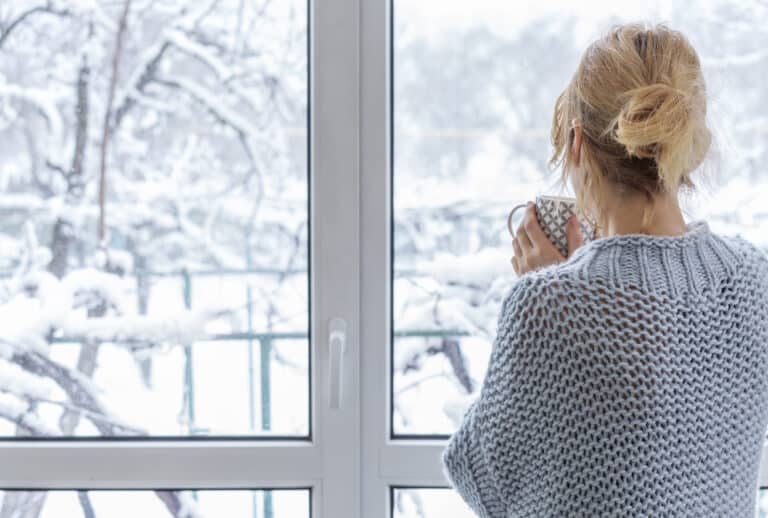During the cold winter months, it’s essential to take extra care of your hearing aids to ensure their optimal performance. With approximately 28.8 million adults in the United States benefiting from hearing aids, it’s crucial to understand how freezing temperatures can affect these technologically advanced devices and what measures you can take to protect them.
Moisture buildup is one of the main challenges that winter poses to the proper functioning of hearing aids. It’s not just a stray snowball in Washington Park that can cause moisture-related issues; the transition from a warm indoor environment to freezing temperatures outside can lead to condensation inside your hearing aids, potentially damaging their delicate inner components.
Let’s take a look at a few tips to keep your hearing aids dry and functional throughout the winter season.
Store Batteries at Room Temperature
Cold temperatures can weaken hearing aid batteries and reduce their lifespan. Keep a supply of extra batteries in a warm and dry room to ensure backups are available in case your current batteries die.
Use a Drying Box
Invest in a hearing aid drying box specifically designed to remove moisture from your devices. Place your hearing aids in the drying box overnight while you sleep to prevent moisture accumulation and potential damage.
Wear Earmuffs
Earmuffs serve a dual purpose during winter. Not only do they keep your ears warm, but they also provide an extra layer of protection for your hearing aids against snow and rain. If you don’t have earmuffs, consider wrapping a scarf around your ears when venturing outside.
Regularly Check for Signs of Damage
Despite taking precautions, your hearing aids may still come into contact with moisture. Perform daily checks to ensure proper functionality. Look for signs such as sound distortion, faded sound, static noises, batteries depleting faster than usual or sudden device shutdowns. If you notice any of these signs, it may indicate water damage, and you should seek professional assistance.
What To Do in the Event of Hearing Aid Damage
While following these hearing aid protection tips can significantly improve the performance and longevity of your devices, accidents happen. If your hearing aids sustain damage, contact your hearing aid specialist for repair and maintenance.
Remember, taking proactive steps to protect your hearing aids during winter will help maintain their functionality and extend their lifespan. By safeguarding your devices from moisture and extreme temperatures, you can continue to enjoy the benefits of improved hearing and effective communication with your loved ones.
To learn more about protecting your hearing aids, contact PDX ENT today to make an appointment with one of our specialists.



